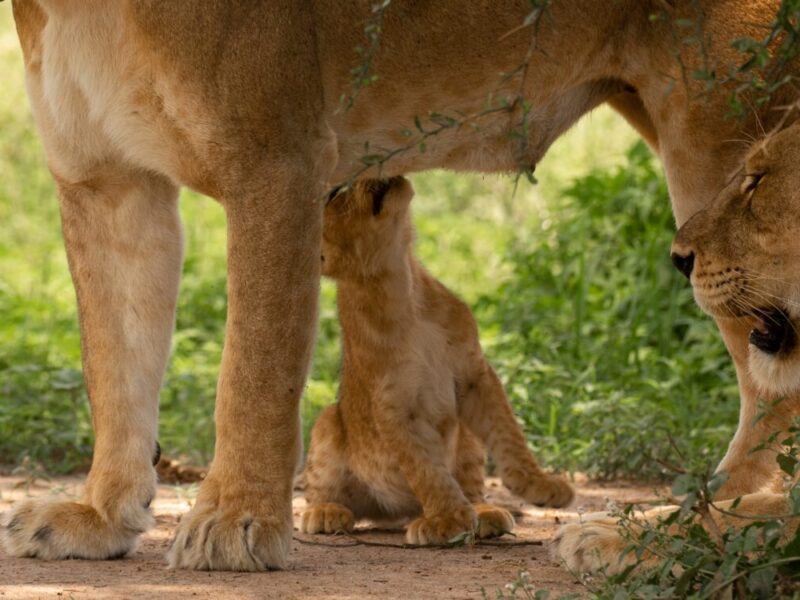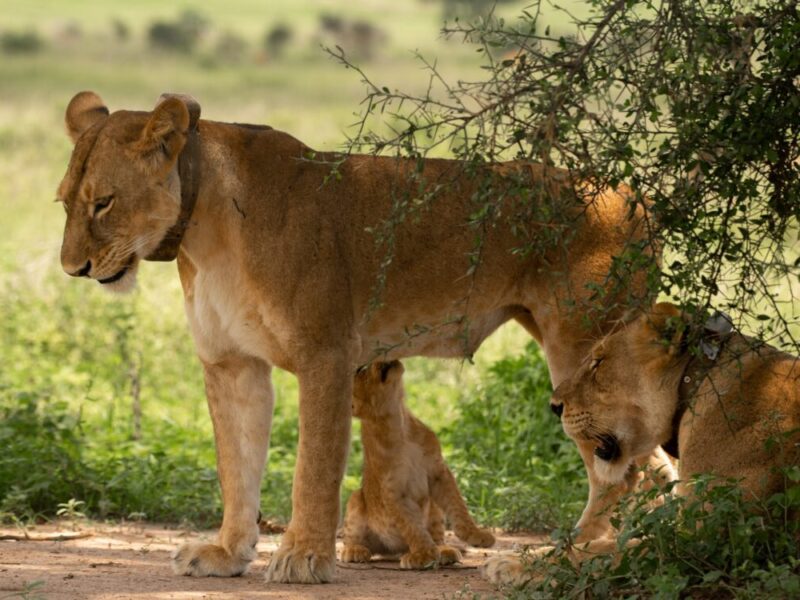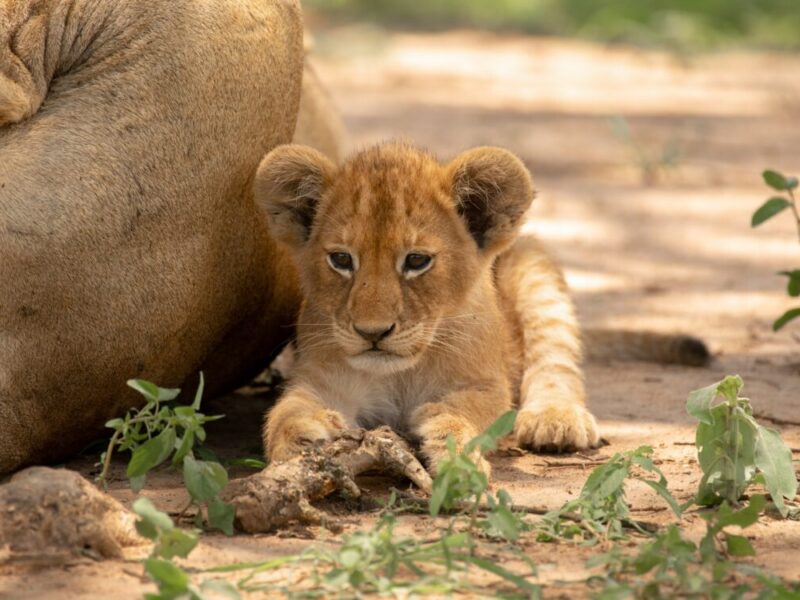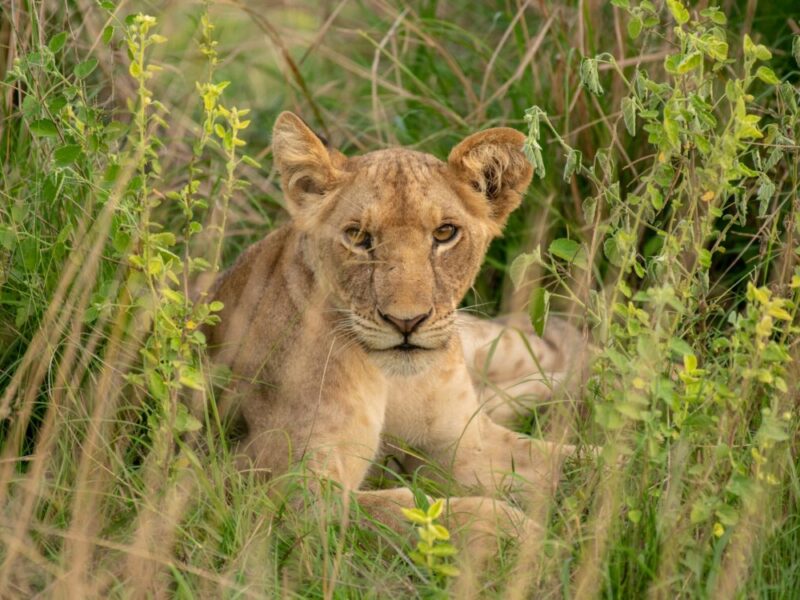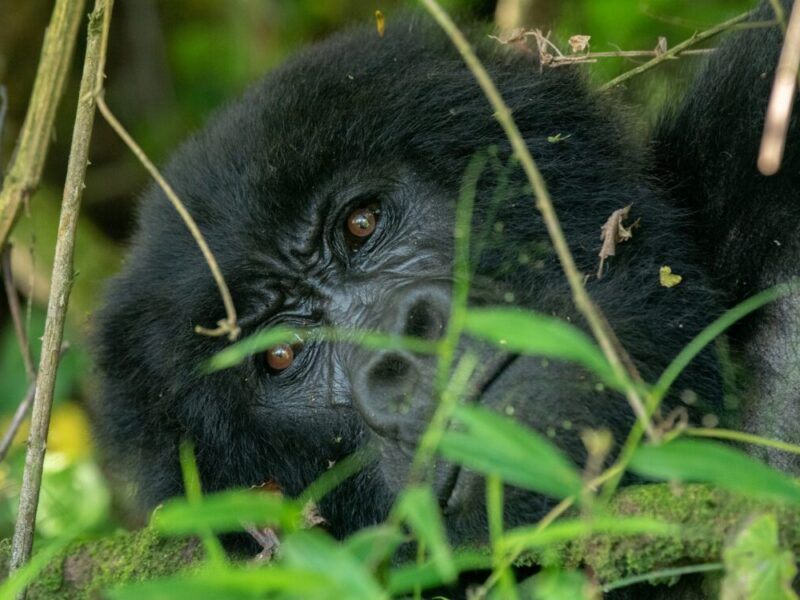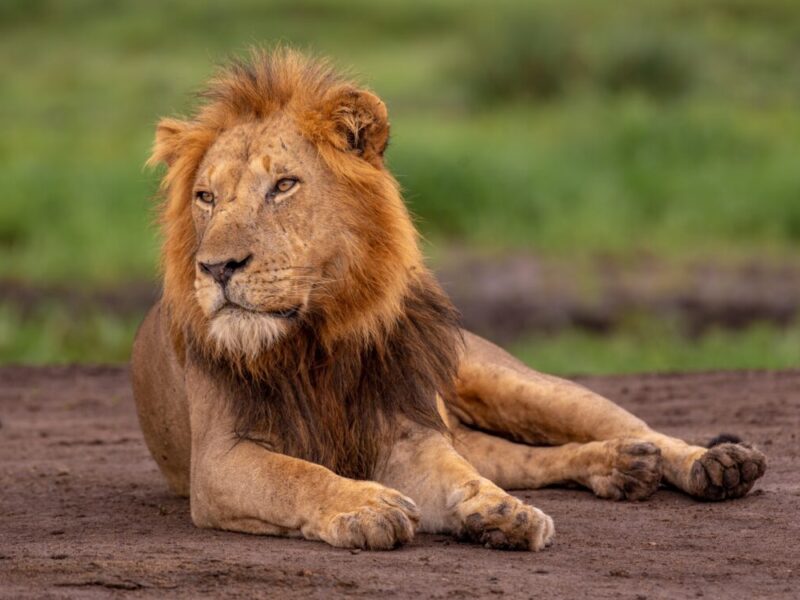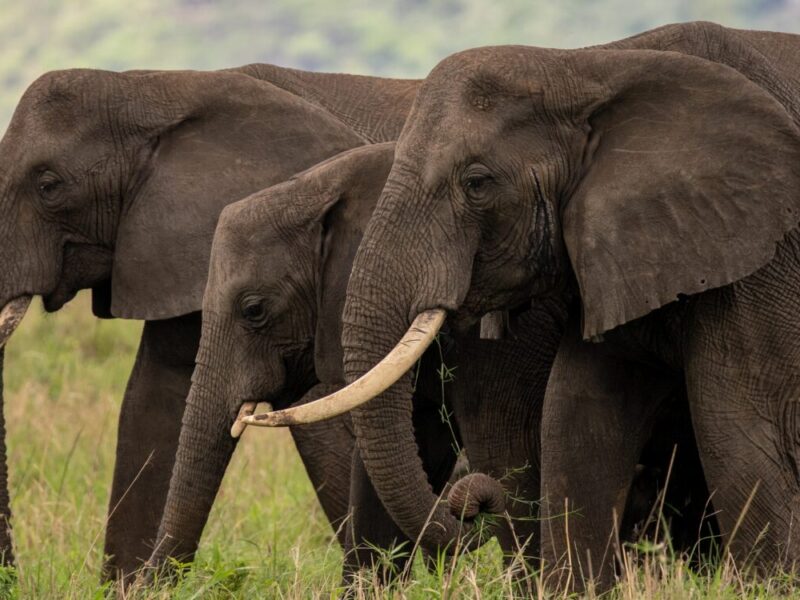Cultural Encounters in East Africa: Ultimate Guide the Maasai & Batwa People
East Africa is a melting pot of diverse Cultural Encounters, each with its own unique traditions, languages, and customs. Exploring this region offers travelers an opportunity to engage in enriching cultural encounters that provide insight into the rich tapestry of East African heritage.
The 12 Most Fascinating Cultural Encounters & Safari Tours In East Africa
Where to Go for Cultural Encounters in East Africa?
Tanzania
Tanzania, known for its warm hospitality, is home to over 120 ethnic groups. In the vibrant city of Dar es Salaam, visitors can experience the bustling markets where locals sell colorful fabrics, spices, and handcrafted goods. Engaging with Tanzanians in these markets provides a glimpse into the daily life and vibrant traditions that define the country.
Kenya Cultural Encounters
In Kenya, the Maasai people are iconic representatives of East African culture. Known for their distinctive red attire, intricate beadwork, and traditional dances, the Maasai offer visitors a chance to participate in Cultural Encounters. Many Maasai villages open their doors to travelers, allowing them to witness traditional ceremonies, taste local cuisine, and learn about the community’s nomadic lifestyle.
Uganda
Uganda, often referred to as the “Pearl of Africa,” is characterized by its diverse ethnic groups. The Batwa people Cultural Encounters, also known as the “Pygmies,” reside in the southwestern part of the country. Engaging with the Batwa provides a unique opportunity to learn about their ancient hunting and gathering practices, folklore, and spiritual beliefs.
Rwanda Cultural Encounters
Rwanda, despite its tragic history, is a nation of resilience and reconciliation. The capital city, Kigali, showcases the country’s commitment to progress and unity. Visitors can explore the Genocide Memorial Centre, a poignant reminder of the nation’s past, and witness the remarkable efforts of Rwandans to rebuild their society.
Ethiopia
Ethiopia, often considered the cultural heart of East Africa, is home to diverse ethnic groups and a rich historical heritage. Lalibela, a UNESCO World Heritage Site, boasts rock-hewn churches dating back to the 12th century. Exploring these remarkable structures provides a deep understanding of Ethiopia’s ancient Christian traditions.
Djibouti, situated at the Horn of Africa, offers a unique blend of African, Arabic, and French influences. The bustling markets of Djibouti City showcase a fusion of cultures, with aromatic spices, traditional textiles, and handmade crafts reflecting the diverse backgrounds of its inhabitants.
Language is a powerful medium for cultural encounters exchange in East Africa. Swahili, spoken widely across the region, serves as a unifying force that facilitates communication between different ethnic groups. Learning a few basic Swahili phrases can enhance the travel experience and foster connections with local communities.
Experience Traditional Dances
East African music and dance are integral parts of Cultural Encounters. Traditional dances, accompanied by rhythmic beats and colorful costumes, are often performed during celebrations and festivals. Participating in these performances offers a joyful way to connect with the lively spirit of East African cultures.
Food plays a central role in cultural encounters, and East Africa offers a diverse culinary landscape. In Ethiopia, the traditional injera (a sourdough flatbread) is a staple, while in coastal areas, Swahili cuisine features a delightful mix of spices and flavors. Sharing a meal with locals provides an intimate experience of their culinary traditions.
Art and craftsmanship are thriving aspects of East African culture. Local artisans create beautiful hand-woven fabrics, intricate beadwork, and woodcarvings that reflect the cultural identity of their communities. Purchasing these crafts not only supports local economies but also preserves and promotes traditional artistic practices.
Conclusion
In conclusion, East Africa invites travelers to embark on a Cultural Encounters journey that goes beyond breathtaking landscapes and wildlife encounters. Engaging with the diverse cultures of the region, from the Maasai in Kenya to the Batwa in Uganda and the historical sites in Ethiopia, offers a profound and meaningful exploration of the vibrant tapestry of East African heritage.



